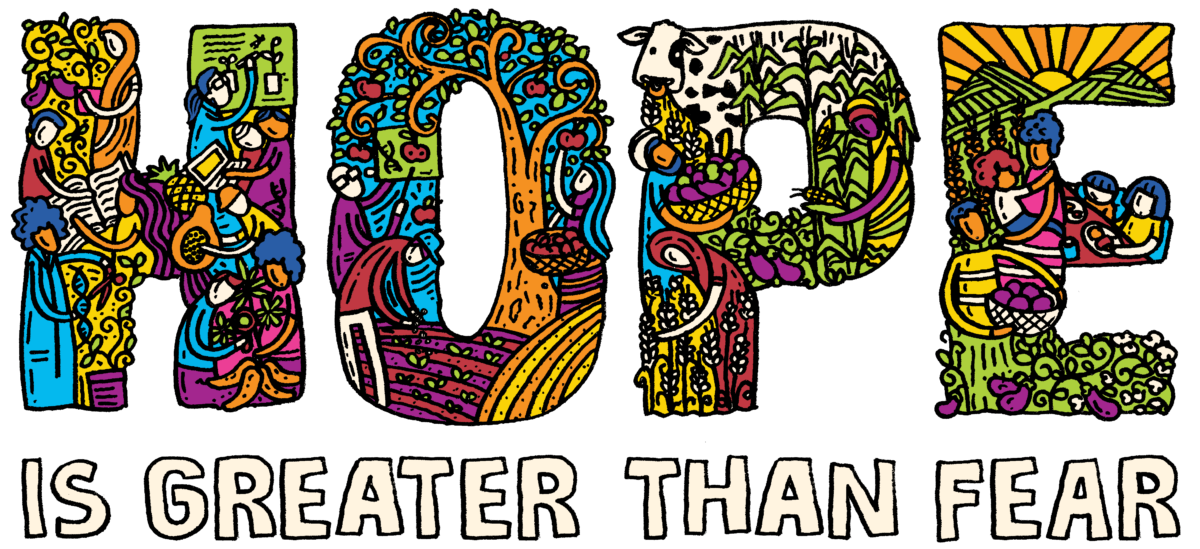As COVID-19 literally goes viral across the globe, it is difficult to imagine a clearer reason for continuing to do what we do: ensuring that science and innovation is accessible to everyone, rich or poor. It gives me a sense of real reassurance to know that all of you out there are sharing science to counter fear-driven misinformation and confront the paranoia and panic that can cause so much unnecessary harm in times like these. Thank you!
The world needs to be united in the face of this global pandemic. This is like a world war, except it brings people together against an unseen pathogen rather than dividing them to fight each other. We must be wary and combat anti-science fearmongering wherever it threatens to proliferate — already Italian scientists have denounced a newspaper article claiming that COVID-19 was caused by GMOs. And we must also unite to support global science and expertise such as that mobilized by the World Health Organization.

One thing is clear: only science and cooperation can save us. Whether we can keep virtually all nations of the world locked down for the time that will be required to develop, test and distribute any vaccine remains to be seen. But science will be crucial, including biotechnology: some of the most promising candidates for vaccines use recombinant DNA, meaning that in effect we might need “GMO health tech” to save millions of lives from this global pandemic.
The urgent application of science and technology is perhaps most needed in developing rapid-reaction antibody tests (avoiding the need for lengthy and resource-intensive PCR) that will be essential to track the progression of the epidemic and better combat it.
Science is also vital in the modeling and data analysis necessary to understand suppression and mitigation strategies to confront the COVID-19 virus. When and for how long should schools and universities be closed? What is the all-important R figure likely to be in different strategies? How can a second peak in infections be avoided once stringent measures are relaxed? What combinations of strategies have worked best in countries like South Korea and China, which are further along the epidemic curve, and how can they be applied more broadly? These are questions only science can answer – not ideology or emotion.
As COVID-19 sweeps across the planet, sowing uncertainty and disruption in all aspects of human life, we’re reminded again that science does not arise in a vacuum. It’s a global endeavor with international implications. And it depends on globally coordinated, pro-science efforts like the Cornell Alliance for Science to ensure that its results are made understandable and relevant to the lay public and politicians.
As with climate change and the vaccination controversy, COVID-19 has issued a stark reminder that we’re all in this together. We must cooperate to the highest degree if we are to vanquish this vector, with each individual taking actions, making sacrifices, that reflect the greater good. As a global alliance, we can remain connected and support each other in an era of physical social distancing by using familiar online tools.
In these difficult, uncertain times, I’ve found great joy in exercising my humanity —helping others, showing compassion, being kind, embracing altruism — and great comfort in knowing the world’s best minds are focused on finding science-based solutions.
As the Ethiopian proverb says, “When spider webs unite, they can tie up a lion.” Together, and with science, we can beat this global challenge.
